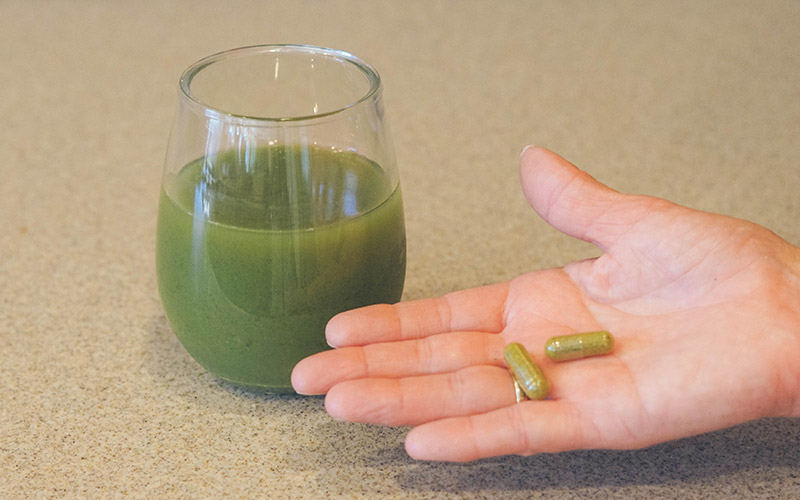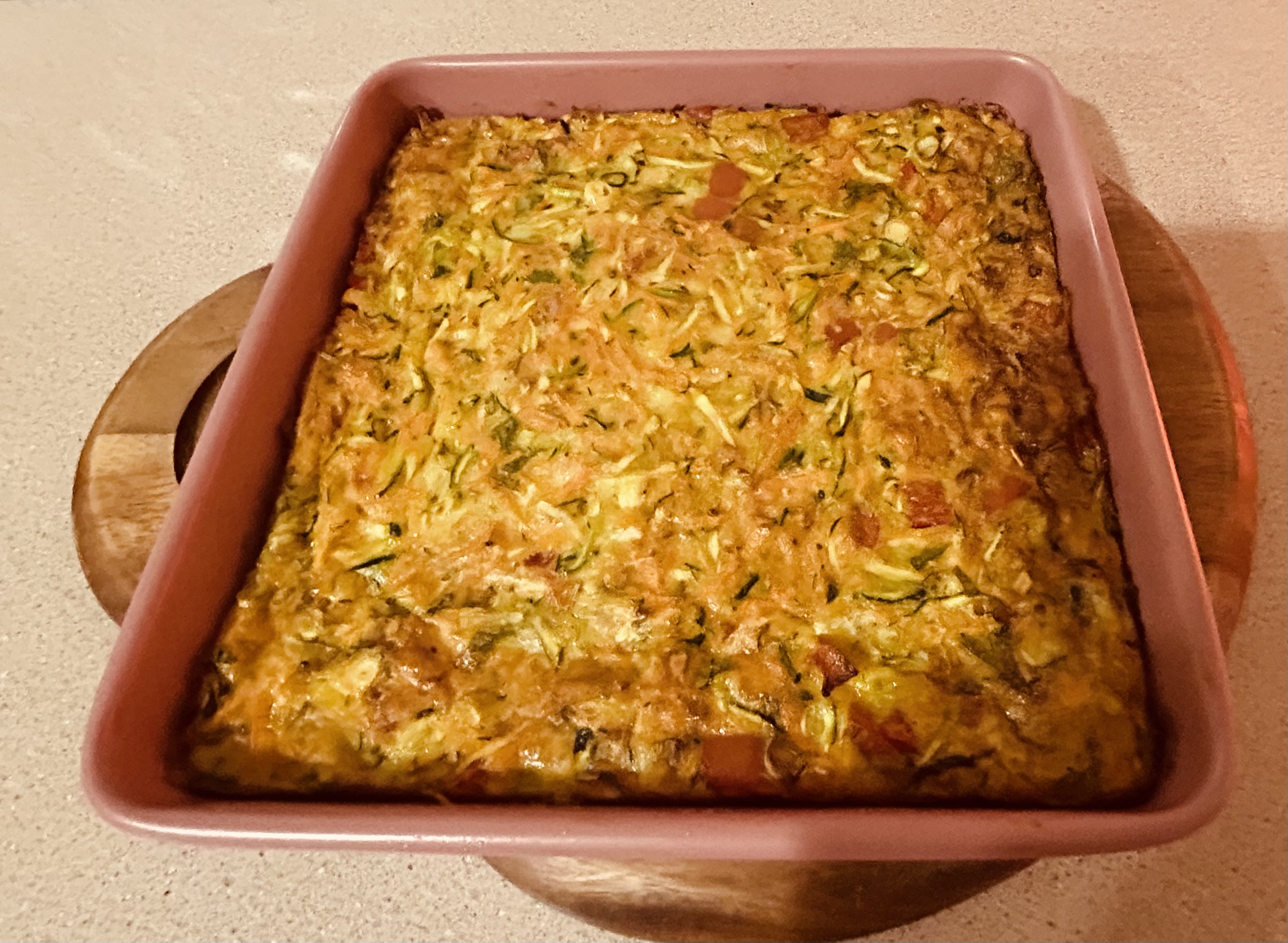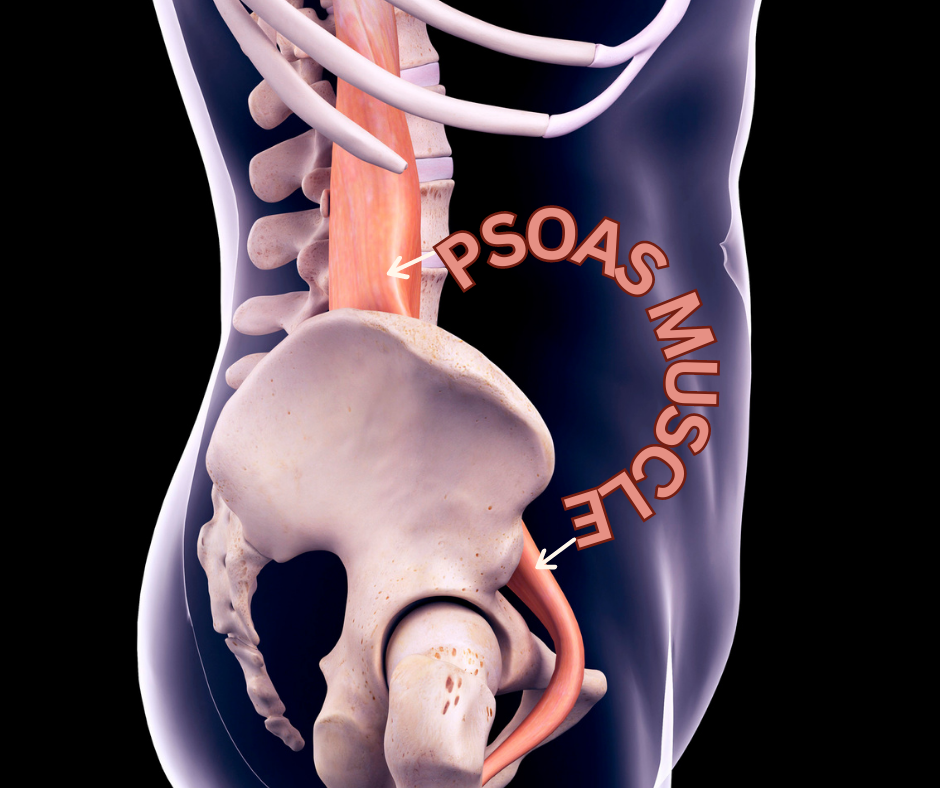Why is the Liver so important?
What is the Liver?
- The liver is the largest glandular organ of the body.
- It weighs about 3 lb (1.36 kg).
- It is reddish-brown in colour and is divided into four lobes of unequal size and shape.
- The liver lies on the right side of the abdominal cavity beneath the diaphragm.
- Blood is carried to the liver via two large vessels called the hepatic artery and the portal vein.
- The hepatic artery carries oxygen-rich blood from the aorta (a major vessel in the heart).
- The portal vein carries blood containing digested food from the small intestine.
What functions does the liver perform?
- Production of bile, which helps carry away waste and break down fats in the small intestine during digestion
- Production of certain proteins for blood plasma
- Production of cholesterol and special proteins to help carry fats through the body
- Conversion of excess glucose into glycogen for storage (This glycogen can later be converted back to glucose for energy.)
- Regulation of blood levels of amino acids, which form the building blocks of proteins
- Processing of hemoglobin for use of its iron content (The liver stores iron.)
- Conversion of poisonous ammonia to urea (Urea is one of the end products of protein metabolism that is excreted in the urine.)
- Clearing the blood of drugs and other poisonous substances
- Regulating blood clotting
- Resisting infections by producing immune factors and removing bacteria from the blood stream
- Hormone metabolism
- Phagocytosis(The engulfing and ingestion of bacteria or other foreign bodies by phagocytes)
When the liver has broken down harmful substances, they are excreted into the bile or blood. Bile by-products enter the intestine and ultimately leave the body in the feces. Blood by-products are filtered out by the kidneys and leave the body in the form of urine.









